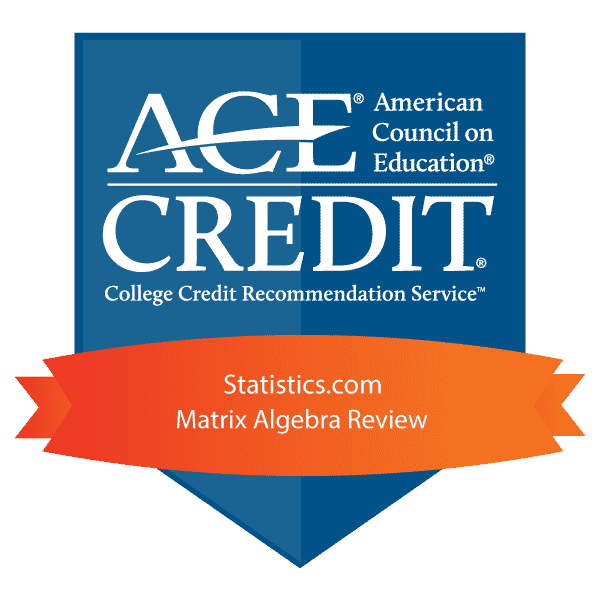In this week’s Brief, we look at combining models. Our course spotlight is
- April 17 – May 1: Maximum Likelihood Estimation (MLE)
You’ve probably seen lots of references to MLE in other contexts – this quick 2-week course (only $299) is your chance to study it on its own.
See you in class!
Galton and the Ox
Over 100 years ago, the early statistician Francis Galton attended a contest where the goal was to guess the weight of an ox. His perspective on the experience can be seen as a precursor to
- The theory of extreme values
- Discriminant analysis
- Ensemble learning […]
Word of the Week
Regularized Model
In building statistical and machine learning models, regularization is the addition of penalty terms to predictor coefficients to discourage complex models that would otherwise overfit the data. An example is ridge regression.
Of Note
Coronavirus: To Test or Not to Test
In recent years, under the influence of statisticians, the medical profession has dialed back on screening tests. Should testing for Covid-19 remain restricted, in line with this policy? […]
Course Spotlight
Apr 17 – May 1: Maximum Likelihood Estimation (MLE)
In this course, taught by Kuber Deokar, Instructional Operations Supervisor at Statistics.com, you will study the derivation of maximum likelihood estimates, and their properties. You will understand the role that MLE plays in statistical models, and be able to assess both the advantages and disadvantages of using a maximum likelihood estimate in a particular situation.
- Assess the advantages and disadvantages of using MLE in particular cases
- Describe the role that MLE plays in statistical models
- Specify the properties of good estimators
- Describe MLE derivations
See you in class!


